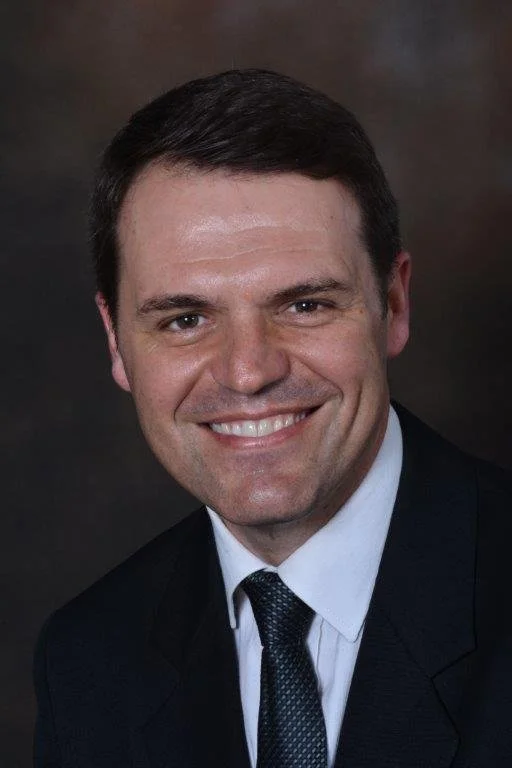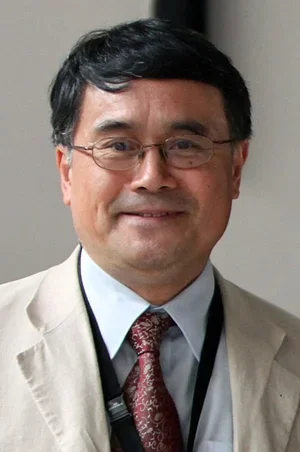The Global Network for Public Theology is an academic research partnership that promotes theological contributions to public conversations, especially those affecting the poor, the marginalized, and the environment in a glocal (global-local) context. The GNPT brings together research centers and research programs in nearly fifty higher education institutions around the world and pursues interdisciplinary research on theology and public life.
Mission and History
The Global Network for Public Theology does not seek to be a representative organization for all research institutions, scholars and practitioners in the wider field of public theology. Rather, it seeks to serve that field by promoting bilateral and other collaborative research projects, by holding a triennial consultation, sponsoring the International Journal of Public Theology and encouraging other research initiatives and networks in theology and public issues.
The GNPT was formally founded in Princeton in 2007, following a preparatory meeting in Edinburgh in 2005. We express our thanks to those whose earlier vision and leadership enabled the Network to come to birth: William Storrar, Director of the Center of Theological Inquiry in Princeton, USA, who initiated the GNPT, Nico Koopman, its first Chairperson between 2007-2008 and James Haire, Chairperson from 2008-11.
The GNPT finds expression in the main through the activities of its constituent member centers and seeks to foster collaborative work across and between institutions. It welcomes inquiries from suitably-qualified research centers in higher education institutions that are interested in pursuing an application for membership. Such applications are considered by the Executive and ratified at each Consultation.
The Global Network for Public Theology seeks to:
foster bi-lateral and multi-lateral collaboration among its participating institutions, including exchange programs for scholars and doctoral students;
publicize the work of participating institutions in public theology;
undertake collaborative global research projects;
support and develop the International Journal of Public Theology;
encourage other initiatives and networks in public theology.
Organization
The GNPT is not an organization in its own right. Rather, it is a mechanism for facilitating bi-lateral and multi-lateral collaboration and joint global research projects among its partner academic institutions.
The GNPT is administered by one of the research centers in the Network, acting as its 'Global Host' for a three year period.
The partner institutions in the GNPT meet every three years to share their work, consider future collaboration, and conduct the Network's business meeting. The triennial meeting is hosted by the current global host. See past consultations for more.
Executive committee 2025-2026
The GNPT Chair and Executive Committee conduct the business of the Network between the triennial meetings, in collaboration with the Global Host institution.
-

Prof. Dr. Dr. Dion A. Forster
INTERIM CHAIR
Vrije Universiteit Amsterdam, The Netherlands, and Stellenbosch University, South Africa.
Regional Representatives
-

Prof. Dr. Stephan de Beer
AFRICA
University of Pretoria, South Africa.
-

Prof. Dr. Gnana Patrick
ASIA
University of Madras, India.
-

Prof. Dr. Esther McIntosh
EUROPE
York St. John University, UK.
-

Prof. Rev. Dr. Teresa L. Smallwood
NORTH AMERICA
United Lutheran Seminary, USA
-
Prof. Dr. Clive Pearson
OCEANIA
Charles Sturt University, Australia
-

Prof. Dr. Jefferson Zeferino
SOUTH AMERICA
Pontifícia Universidade Católica de Campinas (PUC Campinas), Brazil.
Other Members
-

Prof. Dr. (habil) Rudolf von Sinner
Editor of IJPT
Pontifícia Universidade Católica do Paraná( PUC-PR), Brazil
-

Prof. Dr. Sebastian Kim
Immediate past President
Fuller Theological Seminar, Pasadena, CA, USA
Former Chairs and Vice-Chairs
Former Chairs
2007 - 2008 | Prof. Dr. Nico Koopman, University of Stellenbosch, South Africa
2008 – 2011 | Prof. Dr. James Haire, Charles Sturt University, Australia
2011 - 2014 | Prof. Dr Elaine Graham, University of Chester, UK
2014 - 2017 | Prof. Dr. Nico Koopman, University of Stellenbosch, South Africa (until 2015)
Prof. Dr. Dr. Dion Forster, University of Stellenbosch, South Africa (from 2015)
2017 - 2020 | Prof. Dr. (habil) Thomas Wabel, University of Bamberg, Germany
2020 - 2023 | Prof. Dr. (habil) Rudolf von Sinner, Pontifícia Universidade Católica do Paraná (PUC-PR), Brazil
2023 - 2025 | Prof. Dr. Sebastian Kim, Fuller Theological Seminary, Pasadena, CA, USA
Prof. Dr. Matthew Kaemingk, Fuller Theological Seminary, Pasadena/CA, USA
Former Vice-Chairs
2007 - 2008 | Prof. Dr. William Storrar, Center of Theological Inquiry, USA
Prof. Dr. James Haire, Charles Sturt University, Australia
2008 - 2011 | Prof. Dr. Clive Pearson, Charles Sturt University, Australia
Prof. Dr. Elaine Graham, University of Chester, UK
2011 - 2014 |N.N.
Prof. Dr. Nico Koopman University of Stellenbosch, South Africa
2014 - 2017 | Prof. Dr. Dr. Dion Forster, University of Stellenbosch, South Africa (chair from 2015)
2017 - 2020 | Torben Stamer, University of Bamberg, Germany
Prof. Dr. (habil) Rudolf von Sinner, Faculdades EST, São Leopoldo, Brazil
2020 - 2023 | Dr. Jefferson Zeferino, Pontifícia Universidade Católica de Campinas (PUC Campinas), Brazil
Prof. Dr. Sebastian Kim, Fuller Theological Seminary, Pasadena/CA, USA
International Journal of Public Theology
The idea behind the International Journal of Public Theology came from its first editor, Professor Sebastian Kim. At time he was based at York St Johns University in York, England where he was assisted by members of staff there. The first edition was published by Brill in 2007.
The journal is affiliated with the Global Network for Public Theology. The journal has published submissions arising out of the triennial conferences of the Network held in Chester, Stellenbosch, and Bamberg. There have been a number of special editions: some have been country-bound, for instance, public theology in China, South Africa and Brazil. Others have been more theme-based—for example, NGOs, Charlie Hebdo, urban spaces, climate change. One forthcoming issue is dedicated to the work of Christian scholars (who are not theologians) in the field of international agencies of development, aid and peacemaking.
How the journal understands what constitutes a public theology has not remained static. The most shift has been to extend the definition of a public theology to include the Anthropocene: there is an increasing number of submissions to do with the well-being of animals.
All articles undergo rigorous peer review, based on initial editor screening and blind refereeing by two anonymous referees.
Brill
Logo
Our logo is taken from an Indonesian batik cloth presented to us at our first consultation by Robert Borrong (Jakarta Theological Seminary). The batik covered the table on which the member institutions signed the founding protocol and symbolizes the GNPT’s blend of local contexts with global perspectives, reminding us of the unity of our common endeavor.



